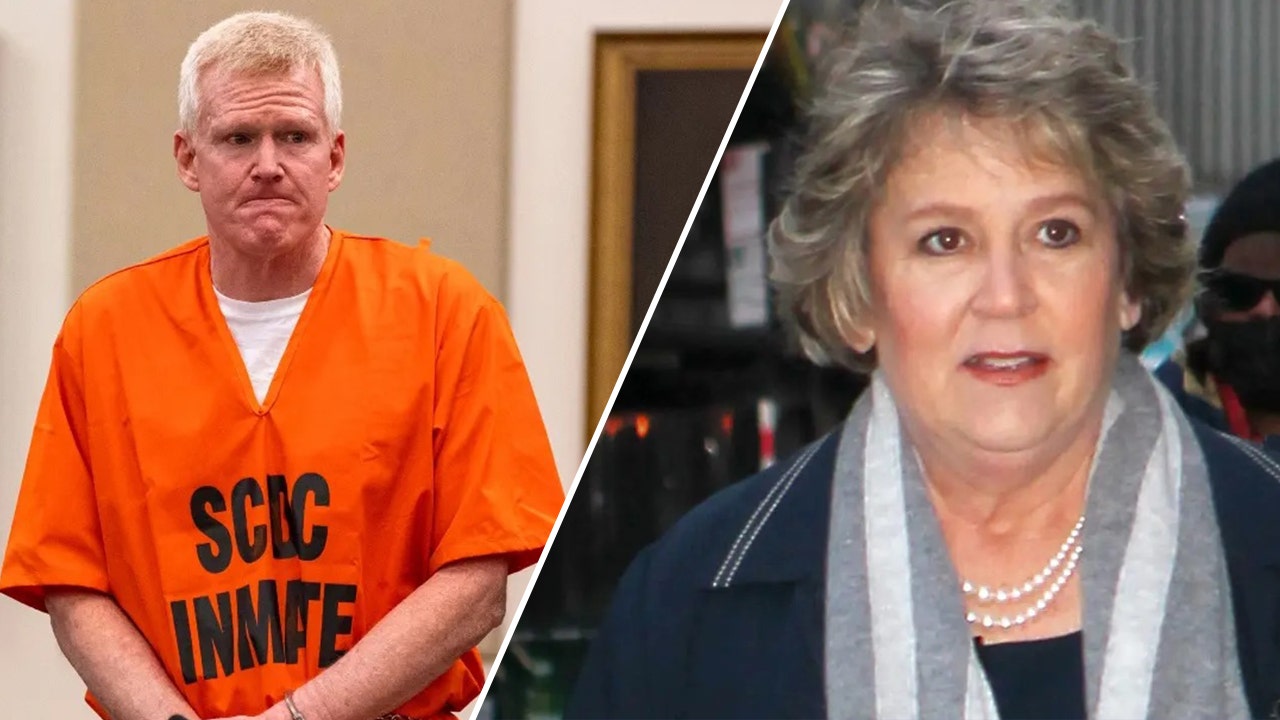Back in the years 2020 and 2021, years that are increasingly easy to categorize as “the past” rather than the ongoing present, I worked from home every day, and on most of those days I exercised from home, too. In the late morning between meetings, or around lunchtime, I rode a stationary bike or lifted weights or danced to Rihanna with a choreographer who broadcast a daily live class from an enviable house in Joshua Tree.
It was easy, in those days when nothing much else was easy, to find time to exercise. The routine that had evaded me most of my life was, during those years, achievable. In the years since, this routine has become unrealistic most of the time. Days are once again organized around the office and its commute. The options for how to spend nonwork time are no longer confined to a limited lockdown menu of what can be accomplished at a distance of six feet or more. Exercise has, once again, become something that I put on a to-do list and try to squeeze in before or after work, an essential practice, but one that now competes with the entire open world for my time and attention.
I’ve settled where many of us do, on a non-routine whereby I exercise whenever I can: a before-work jog when I can rouse myself, quick rounds of strength training between meetings on days I work remotely, longer workouts on weekends. I constantly feel that I’m not doing enough, not engaged in a rigorous enough program of optimization.
I read this week about a recent study in which people who exercised in the evening saw their risk of death decline by as much as 28 percent compared with those who exercised in the morning or afternoon. This, I thought, was compelling! I should become an after-work exerciser, one of those people who changes into their gym clothes before leaving the office, who runs on a treadmill while watching “The Bachelor,” and — who knows what else might be possible? — eats three ounces of lean protein for dinner at 8, spends a good 20 minutes melting the ravages of sitting from my hips with a foam roller and is in bed with a book — no screens! — by 10.
I quickly realized this was a ridiculous fantasy. I’m a dutiful exerciser, a doing-it-because-I-have-to person, always under slight duress, wanting to have it done so that I can feel accomplished but also always fighting my essential nature, which is, I’ve grown OK with admitting, a little lazy. My exercise regimen is not a movable feast that I can shift into an optimal time slot. I jumped to the part in The Times’s story on the study that I always look for in stories of this ilk, the one that assures me that while the study is convincing, the most important thing about exercise for most people is that they do it. There it was, courtesy of Angelo Sabag, an exercise physiologist who led the study: “Whenever you can exercise,” Dr. Sabag said. “That is the answer.”
Here is where I’d like to stop, having determined that any exercise is better than none, and pat myself on the back for doing enough. And I will, for today, because it’s Saturday and I have the luxury of midday exercising and I’m not going to waste it. But I’m trying these days to approach things about myself that seem fixed with more curiosity. So while I jog around the park in the springtime sun, I’m committed to mulling some questions. What is it about the way I approach exercise that fills me with a bit of dread, that makes it a chore rather than a joy or a privilege or at least something I approach with interest? If I wanted to exercise in the evenings, for potential health benefits or just because it might be nice to switch things up, how can I do that in a way that doesn’t feel like punishment?
Last week I wrote about considering the way we’re spending our days, remembering that our time is limited. “How we spend our days is, of course, how we spend our lives,” as Annie Dillard wrote. “What we do with this hour, and that one, is what we are doing.” If what we are doing this or that particular hour is exercising, how can we make it a little more agreeable? How can we make it a blessed hour rather than a cursed one?
For more
THE WEEK IN CULTURE
Music
-
Israel is under pressure to end the war. Behind the scenes, its officials are considering a postwar plan in which Israel would oversee Gaza alongside Arab countries and the U.S.
-
Turkey halted trade with Israel until Israel stops bombarding Gaza and allows in more humanitarian aid.
-
A Times investigation, based on videos from journalists and witnesses, shows how counterprotesters instigated violent clashes with a pro-Palestinian encampment at U.C.L.A., and how the police waited hours to respond.
-
Some faculty members at U.C.L.A., Columbia and other universities have joined pro-Palestinian student protesters, given them food and even been arrested.
-
China, Iran and Russia have mounted online campaigns amplifying the protesters’ messages, criticizing the police and otherwise stoking U.S. political divisions.
Other Big Stories
CULTURE CALENDAR
😹 “Woke Foke” (Saturday): Even if you didn’t watch the Katt Williams interview that broke the internet earlier this year, you probably read a hot take, watched a highlights reel or were vaguely aware that he had a beef with someone. My colleague Elena Bergeron got into all of that in a new profile of Williams that was published this week, and this weekend his comedy special “Woke Foke” airs on Netflix. It’s only the second time the streamer has gone live with a comedian (the first was Chris Rock in 2023), and as Williams told Elena, discussing himself in the third person, “The benefit of Katt Williams live is that you don’t, in any way, know what he’s going to say.”
Asparagus, Goat Cheese and Tarragon Tart
We’ve reached peak asparagus season in much of the country, meaning now is the time to show it off. My asparagus, goat cheese and tarragon tart is perfect for a light dinner, a delicate appetizer if you’re doing a multicourse meal, or a festive springtime nibble to serve with drinks. It’s at its flakiest, creamiest best while warm, but still good a few hours later after cooling down.
REAL ESTATE
The hunt: An Alabama native looked around Brooklyn for a one-bedroom for less than $500,000. Which home did she choose? Play our game.
What you get for $2.1 million: An 1830 Cape Cod-style house in Provincetown, Mass.; a 1939 two-bedroom cottage in Austin, Texas; or an 1840 house in Charleston, S.C.
Living small: The tiny Bolt-Together House in Delancey, N.Y., had no heat or toilet, but it was theirs for $85,000.
No surprise needed: Some couples, rejecting traditional engagements, are opting for joint proposals.
Beauty: As a child, Sofia Coppola used to melt down lipsticks to look like a character in a Roman Polanski film. That’s inspired her new line of tinted lip balms.
Travel: Chacarita is a quirky low-profile neighborhood in Buenos Aires where you can find Art Deco houses on cobblestone streets and decadent churros.
Senior daters: Rates of certain sexually transmitted infections are rising among older people. Read about how to be safe.
ADVICE FROM WIRECUTTER
It’s time to clean out your camera roll
If you’re anything like me, your phone’s photo library is a mess. I have more than 50,000 images stored in Google Photos, and while powerful search tools and facial recognition make managing this massive collection easier, I still spend a lot of time scrolling to find what I’m looking for. To get organized, Wirecutter’s experts have some advice, including building a “delete day” habit. Take a few minutes daily to search the day’s date in your photo software of choice and then delete, hide or sort photos from that day in years past. With a little work, you can transform your photo warehouse into a curated gallery. — Max Eddy
Minnesota Timberwolves vs. Denver Nuggets, N.B.A. playoffs: The Timberwolves, fresh off their first playoff series win in two decades, must now face last year’s champions. The Nuggets have the two-time M.V.P. Nikola Jokic, a 7-footer whose water polo-inspired passing makes him unlike anyone else in the game. But do they have an answer for Anthony Edwards, the Timberwolves’ 22-year-old star, whose explosive athleticism (check out this dunk from the first round) has drawn comparisons to a young Michael Jordan? 7 p.m. Eastern tonight on TNT







